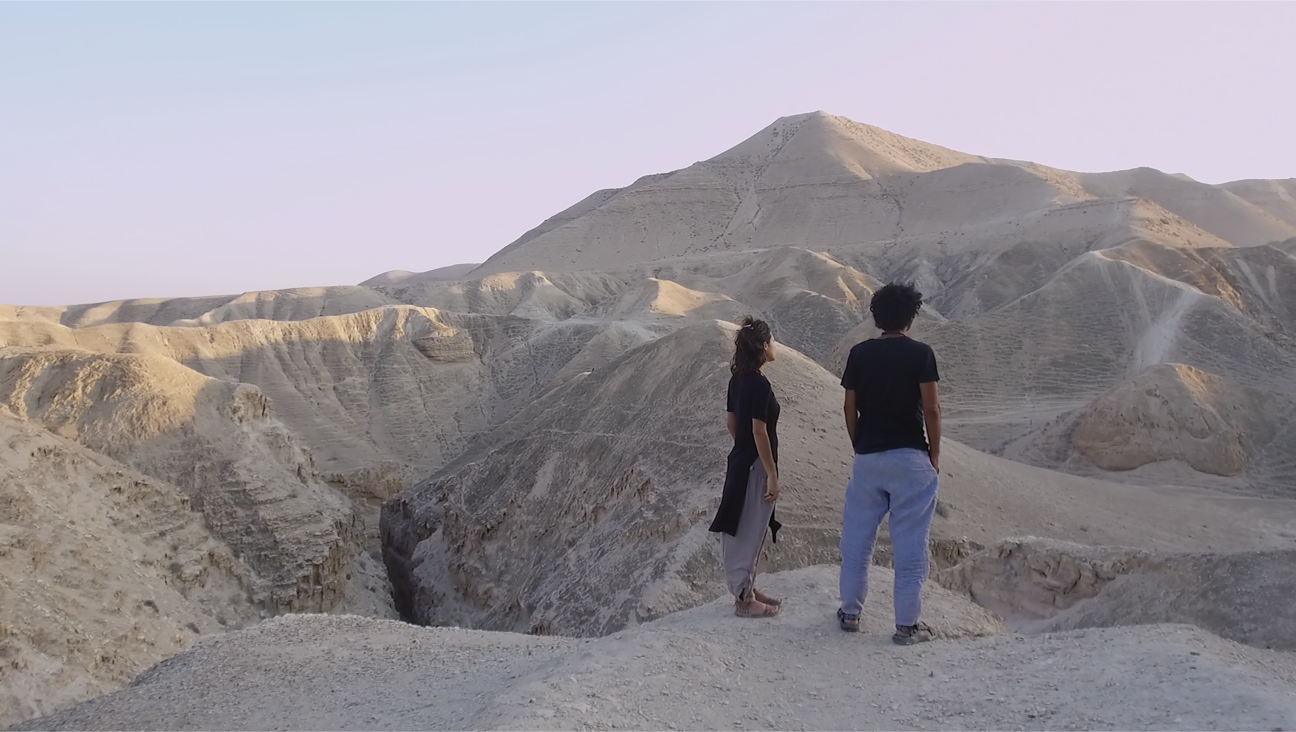Israel Takes Extension of Iran Nuclear Talks in Stride
Israel responded skeptically to the extension of Iranian nuclear talks with world powers on Saturday, saying it saw no cause for the optimism voiced by some Western diplomats about prospects for an accord.
After failing to meet a July 20 deadline for a deal, international negotiators agreed to allow four more months for their high-stakes talks and let Iran access $2.8 billion of its cash frozen abroad during that period, though most sanctions against it stayed in place.
Israel is not part of the negotiations, but wields lobbying clout in foreign capitals given its fear of its arch-foe gaining the means to make a bomb and its threats to launch a pre-emptive war if diplomacy fails. The Iranians deny seeking nuclear weaponry.
“The Israeli position was that we are not enthusiastic about an extension but that it would be better than a bad deal or a deal that is incomplete,” Yuval Steinitz, Israel’s minister for nuclear affairs, told Reuters.
Israel, widely assumed to have the Middle East’s only atomic arsenal, has demanded that Iran be stripped of all nuclear technologies with bomb-making potential – something the Islamic republic rules out and some foreign diplomats deem unrealistic.
“We don’t see any significant progress in the Iranian position nor real readiness by Iran to give up on the core issues, the uranium enrichment and centrifuges,” Steinitz said, describing Tehran as having made concessions on “secondary issues” only.
He voiced surprise at the optimism of some Western diplomats about meeting the new Nov. 24 deadline, and disapproval at the release of the $2.8 billion to Iran.
“We think that they should not have been given this, though it is not such dramatic thing. We think the direction should be the opposite, and hope that in the coming months the world will show resolve and manage to exert pressure on the Iranians.”
In exchange for the $2.8 billion, U.S. Secretary of State John Kerry said, Iran agreed to take several steps, including to keep neutralizing its most sensitive uranium stocks – uranium that has been enriched to a level of 20 percent purity – by converting it to fuel for a medical research reactor in Tehran.
Washington, Israel’s most important ally, said on Friday there was a “credible prospect for a comprehensive deal”. Britain, France, Germany, Russia and China are also involved in the negotiations.
In a tilt away from the nuclear talks, the presidents of Iran and Russia on Friday discussed the crisis over Israel’s almost two-week-old war with Palestinian militants in Gaza.
“Both sides stressed the need for a speedy end to the armed conflict and the resumption of direct Israeli-Palestinian (peace) negotiations,” the Kremlin said.
Steinitz scorned the message from Tehran, which is ideologically hostile to the Jewish state and backs Islamist guerrillas arrayed on its borders.
“Before talking about being some kind of partner in peacemaking, Iran would do best to recognize Israel’s existence and not aspire to destroy it, and stop passing rockets to Gaza, those very rockets that are now causing attacks on Israel as well as terrible suffering for Palestinians,” he said.
A message from our Publisher & CEO Rachel Fishman Feddersen

I hope you appreciated this article. Before you go, I’d like to ask you to please support the Forward’s award-winning, nonprofit journalism during this critical time.
We’ve set a goal to raise $260,000 by December 31. That’s an ambitious goal, but one that will give us the resources we need to invest in the high quality news, opinion, analysis and cultural coverage that isn’t available anywhere else.
If you feel inspired to make an impact, now is the time to give something back. Join us as a member at your most generous level.
— Rachel Fishman Feddersen, Publisher and CEO























